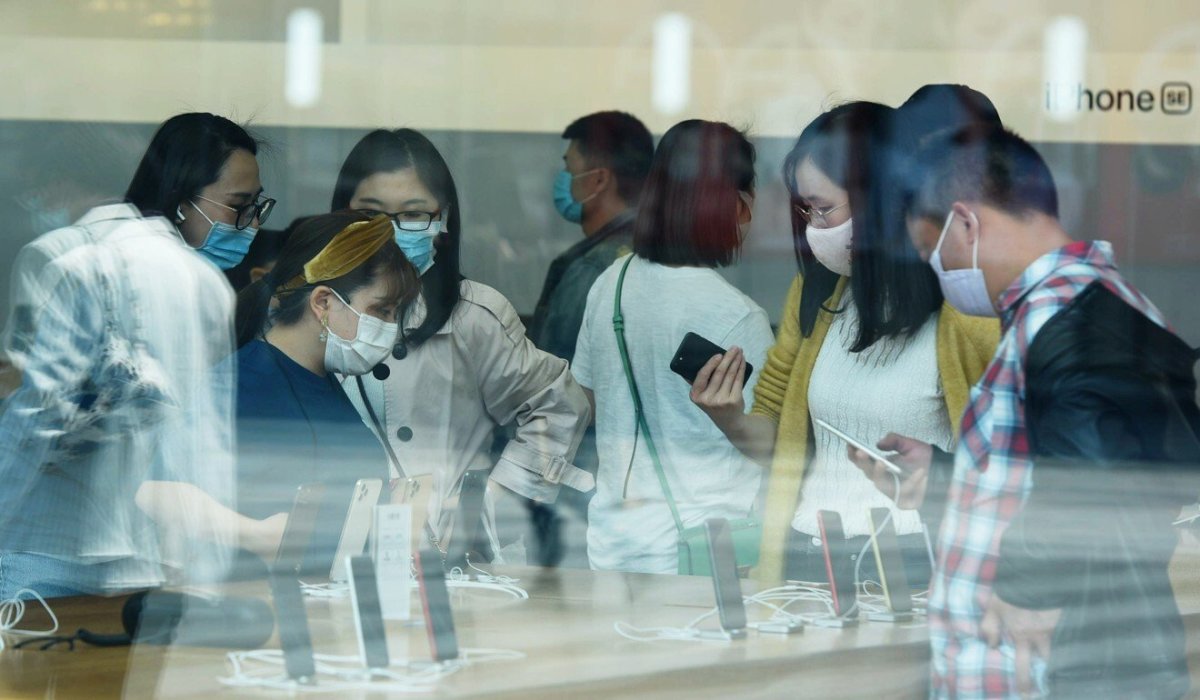
Qualcomm (QCOM) -) shares edged edged modestly higher Friday, with a host of chip sector rivals with ties to China active in early trading amid what could be an intensifying tech trade war between Washington and Beijing linked to reports of recent restrictions aimed at Apple (AAPL) -).
The U.S. Commerce Department said late Thursday that it will both the 'character and composition' of a chip used in the new Mate 60 smartphone produced by China-backed Huawei amid concerns it could violate U.S. trade sanctions.
The launch of the handset, as well as the Commerce's Department's probe, follows a series of reports that suggest China is preparing to ban the use of iPhones but government employees, as well as those working for state-backed companies, as part of its broadening effort towards tech self-reliance.
Others see the move as a retaliatory strike against U.S. sanctions, including a ban on the sale of high-tech equipment and semiconductors linked to the development of AI-related technologies.
"The restrictions in place since 2019 have knocked Huawei down and forced it to reinvent itself -- at a substantial cost to the government (in China)," the Commerce Department said "We are continually working to assess and, when appropriate, update our controls based on the dynamic threat environment and we will not hesitate to take appropriate action to protect U.S. national security."
Qualcomm shares, a key Apple supplier, were marked 0.42% higher in early Friday trading, following on from last night's 7.2% slump, to change hands at $106.85 each.
Nvidia (NVDA) -), which generates around a quarter of its revenues from China, was marked 0.3% lower at $461.19 each while Advanced Micro Devices (AMD) -) gained 1.97% to $108.69 each.
Apple, which suffered its worst two-day slump over the Wednesday and Thursday sessions, shedding some $200 billion in market value, rose 1.2% to $179.69 each.
Apple, which will launch its next-generation iPhones next week at its annual product event in Cupertino, Calif., has remained heavily reliant on China for its overall revenue. U.S. sales, meanwhile, are slowing as a result of lower upgrade rates.
Apple said China sales rose 1.1% from last year over the three months ended in June to around $15.76 billion, or around a fifth of its overall total.
"While Apple has historically been viewed as relatively safe in China from government restrictions given Apple's relationship and importance to the economy, it makes us wonder: 'is the government changing its stance toward Apple and could restrictions be put in place more broadly to favor Chinese device OEMs vs. Apple?'", said KeyBanc Capital Markets analyst Brandon Nispel.
- Action Alerts PLUS offers expert portfolio guidance to help you make informed investing decisions. Sign up now.







